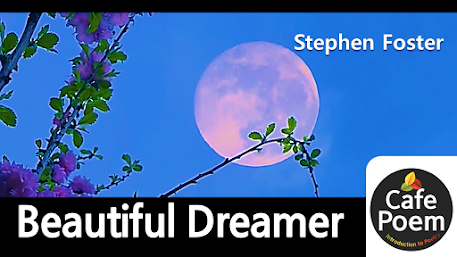Peace
THE steadfast coursing of the stars,
The waves that ripple to the shore,
The vigorous trees which year by year
Spread upwards more and more;
The jewel forming in the mine,
The snow that falls so soft and light,
The rising and the setting sun,
The growing glooms of night;
All natural things both live and move
In natural peace that is their own;
Only in our disordered life
Almost is she unknown.
She is not rest, nor sleep, nor death;
Order and motion ever stand
To carry out her firm behests
As guards at her right hand.
And something of her living force
Fashions the lips when Christians say
To Him Whose strength sustains the world,
"Give us Thy Peace, we pray!“
Enjoy the poem with beautiful music.
Poem Video👇
Who wrote the poem "Peace"?
Bessie Rayner Parkes (June 16, 1829 – March 23, 1925)
Bessie Rayner Parkes was an English poet, essayist, and journalist. She was one of the most important English feminists and campaigners for women’s rights in Victorian times. Parkes was born in Birmingham, Warwickshire, England to caring, affluent parents, who were avid consumers of the arts. Having been exposed to the cultured life as a child, Parkes developed passion for writing. She also became aware of the unjust situation of women in England and later greatly contributed to improvement of women’s status through her activism. She was a devout Christian, and her faith influenced greatly her political and literary life. At 38, Parkes fell in love with Louis Belloc, a Frenchman of feeble health, got married, and had two children. 5 years later, her husband suddenly died of sunstroke, and she never got over her husband’s death. After the marriage and the death of her husband, her active involvement of organized feminist movements abated. She continued writing, and died in 1925, aged 95.
"Peace" explanation
In
the poem, the speaker describes various natural phenomena and urges us to
appreciate natural peace reflected in them. She notes that peace is not rest,
sleep, nor death. It is living while enjoying the life we have and little
things we might easily overlook.











